Did you know the Syrian Pound operates on a dual exchange rate system? This means the official rate and the market rate can differ significantly, impacting how you spend your money during your travel. Understanding this system is crucial for anyone planning a trip to this historic country.
This guide is designed to help you navigate the financial landscape with ease. You’ll learn about the history of the Syrian Pound, how to exchange currency, and tips to maximize your budget. Whether you’re applying for a visa or planning a tour, knowing the ins and outs of local payments can make your journey smoother.
From handling cash-only transactions to understanding fluctuating exchange rates, we’ve got you covered. Stay informed and make the most of your money every step of the way.
Overview of Syria’s Currency Landscape
Navigating the financial system in this historic region requires understanding its unique currency dynamics. The local money system operates on a dual exchange rate, which can significantly impact your spending. This structure means the official rate set by the central bank often differs from the market rate, creating a complex financial environment.
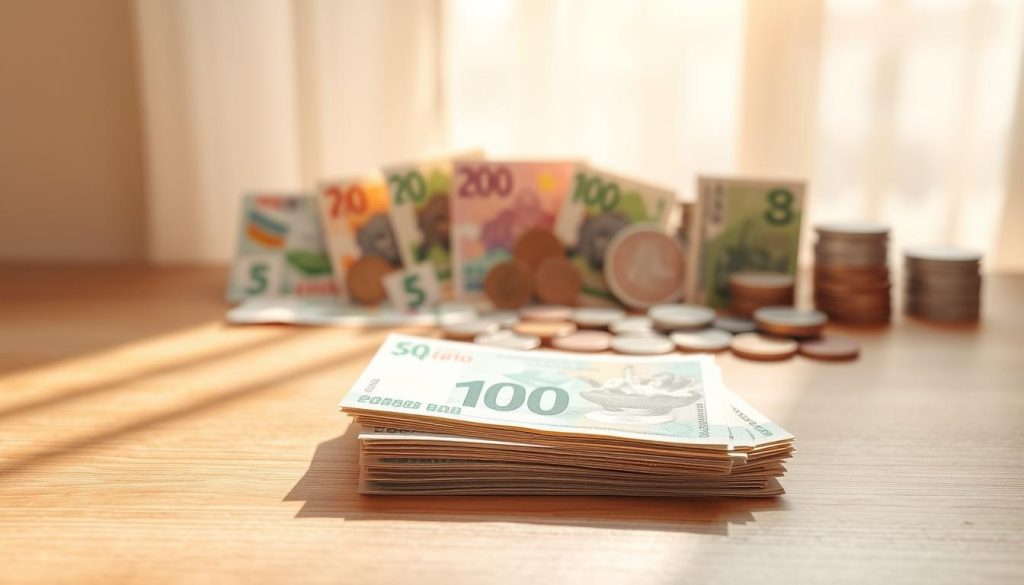
Money plays a critical role in planning and experiencing your trip. Whether you’re exchanging currency at the border or shopping in local markets, being aware of both rates ensures you get the best value. The Syrian Pound is the primary form of cash, and understanding its denominations is key to managing your budget effectively.
Key Currency Denominations and Their Values
The Syrian Pound comes in various denominations, each with its own significance. Here’s a breakdown of the most common banknotes:
| Denomination | Usage |
|---|---|
| 50 Pounds | Small purchases, snacks |
| 100 Pounds | Transportation, street food |
| 200 Pounds | Local markets, small services |
| 500 Pounds | Mid-range shopping, meals |
| 1000 Pounds | Larger purchases, accommodations |
| 2000 Pounds | Significant expenses, tours |
| 5000 Pounds | Major transactions, emergencies |
While banknotes are widely used, collectible coins are also part of the currency landscape. These coins, often from earlier periods, are now cherished as souvenirs rather than practical tender. Knowing the difference between circulating banknotes and collectible items can save you from confusion during your travels.
Being aware of both the official and black market rates is crucial when exchanging money. This knowledge ensures you maximize your budget and avoid unnecessary expenses. Whether you’re planning your trip or already in the country, understanding the Syrian Pound system is essential for a smooth experience.
History and Evolution of the Syrian Pound
The journey of the Syrian Pound reflects the country’s complex past. Its origins trace back to the Ottoman era, when the Ottoman lira was the primary currency. After World War I, the French mandate introduced the Syrian Pound, replacing the Egyptian pound that had briefly circulated. This marked the beginning of a new financial era.
During the French mandate, the Syrian Pound was pegged to the French franc, establishing a stable exchange rate. However, this stability was short-lived. Over time, political and economic shifts led to significant changes in the currency’s value and design. These transformations were often driven by external pressures and internal conflicts.
From French Mandate and Ottoman Influence
The French mandate period left a lasting impact on the Syrian Pound. The currency was initially divided into 100 piastres, a system that remains in place today. The French also introduced new banknotes, which featured both Arabic and French text, symbolizing the dual influence of the era.
Ottoman influence, on the other hand, is still visible in the cultural and historical significance of older coins. Collectible pieces from this time are now treasured as reminders of the past. Understanding these influences helps travelers appreciate the deeper context of the currency they use today.
Transformations Through Conflict and Change
Wars and conflicts have played a major role in shaping the Syrian Pound. The civil war, in particular, led to drastic devaluations and the introduction of higher-denomination banknotes. This was a response to inflation and the need for larger sums of money in everyday transactions.
For travelers, these changes mean navigating a currency that has seen significant fluctuations over time. Being aware of this history can help you better understand the challenges of exchanging and using money in the country. It also highlights the resilience of the Syrian Pound as a symbol of national identity.
“The Syrian Pound’s evolution is a testament to the country’s ability to adapt in the face of adversity.”
Today, the Syrian Pound continues to evolve, reflecting both historical legacies and modern realities. Whether you’re planning your trip or already exploring the region, understanding this history enriches your experience and prepares you for the financial landscape ahead.
Understanding Dual Exchange Rates in Syria
The financial system here operates on two distinct exchange rates. This dual system means you’ll encounter both an official rate set by the central bank and a fluctuating black market rate. Understanding these differences is crucial for managing your money effectively during your travel.
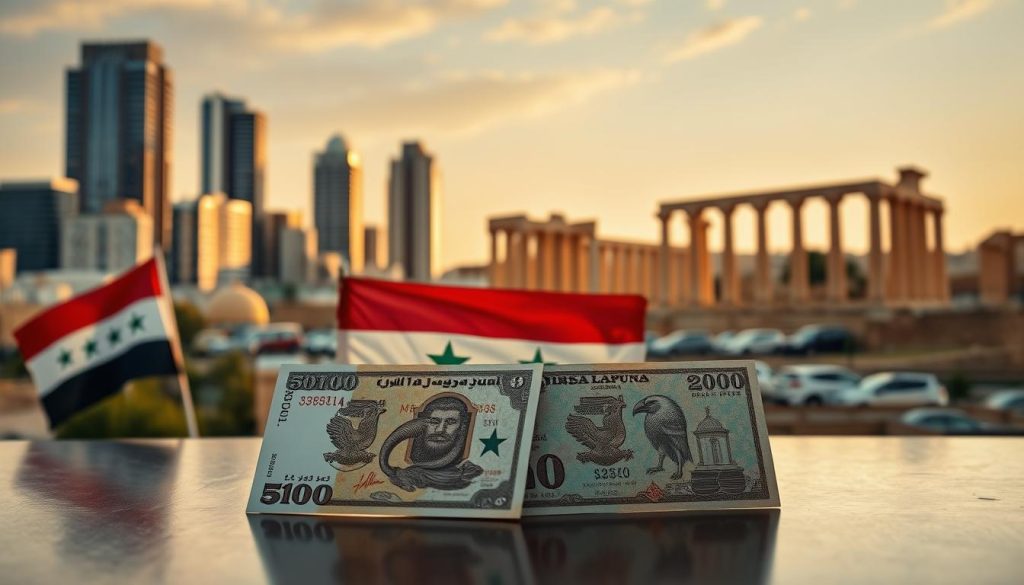
Official Central Bank Rate Compared to the Black Market
The official exchange rate is determined by the central bank and remains relatively stable. However, the black market rate, influenced by supply and demand, often offers a more favorable value for your money. This discrepancy can significantly impact your budget, especially when exchanging larger sums.
For example, at the border, you might find vendors offering rates closer to the black market value. While this can be beneficial, it’s essential to verify the authenticity of the currency to avoid scams. Always compare rates before making any transactions.
How Supply and Demand Affect Rates
Fluctuations in the black market rate are driven by supply and demand. When demand for foreign currency increases, the rate tends to rise. Conversely, an oversupply can lead to lower rates. These shifts can happen quickly, so staying informed is key.
For travelers, this means planning ahead and monitoring the exchange rate trends. Carrying a mix of cash and a reliable card can help you navigate these changes. Be prepared for potential ATM limitations, as access to foreign currency can be inconsistent.
“Navigating dual exchange rates requires awareness and adaptability to maximize your budget.”
By understanding these dynamics, you can make informed decisions and avoid unnecessary expenses. Whether you’re booking a hotel or shopping in local markets, knowing the difference between the official and black market rates ensures you get the best value for your money.
Practical Tips for Exchanging Money in Syria
Exchanging money in this region requires careful planning and awareness. Whether you’re at the border or in a local shop, understanding the process ensures you get the best value for your money. Here’s how to navigate the exchange landscape effectively.
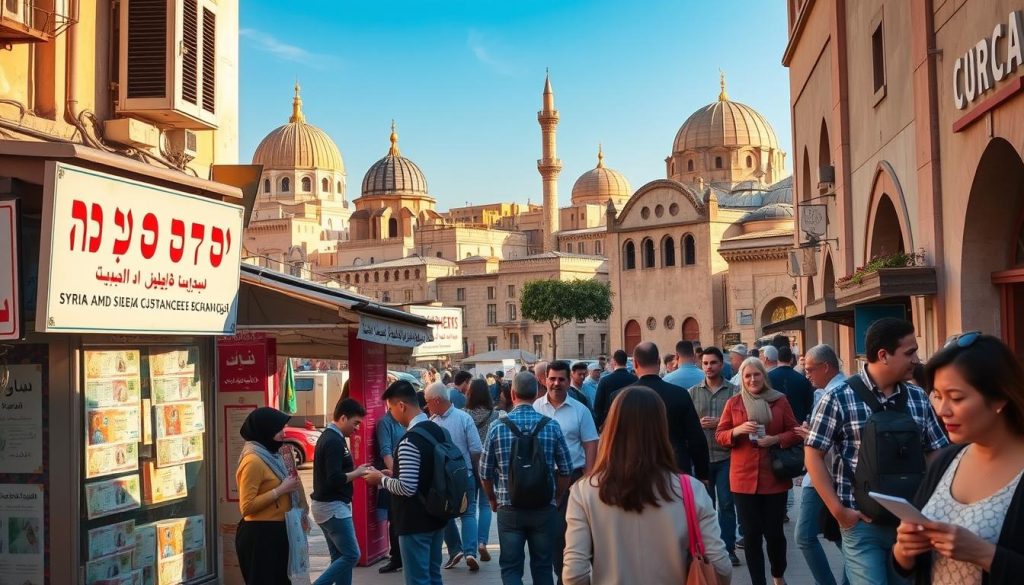
Border Exchange Options and Best Practices
Border areas, such as those near Lebanon and Jordan, often offer some of the most favorable exchange rates. However, it’s crucial to approach these transactions with caution. Always verify the authenticity of the currency and use reputable dealers to avoid scams.
Here are some best practices to follow:
- Compare rates from multiple vendors before making a transaction.
- Use tools like the LiraToday app to check current market rates.
- Carry smaller denominations of foreign currency for easier exchanges.
Identifying Authentic Currency Dealers
Finding a trustworthy dealer is essential for a safe and fair exchange. Look for established businesses or recommendations from locals. Avoid street vendors who may offer rates that seem too good to be true.
Here’s a quick guide to help you identify authentic dealers:
| Indicator | Description |
|---|---|
| Reputation | Choose dealers with positive reviews or local endorsements. |
| Transparency | Reputable dealers will clearly explain rates and fees. |
| Security | Opt for dealers in secure, well-lit locations. |
“A safe exchange starts with awareness and a bit of research.”
By following these tips, you can ensure a smooth and secure exchange process. Whether you’re a seasoned traveler or visiting for the first time, these practices will help you make the most of your money in this historic country.
Using Foreign Currency: What You Need to Know
Handling foreign currency during your travels can be tricky, especially in regions with unique financial systems. Understanding where and how to use it ensures you make the most of your money.
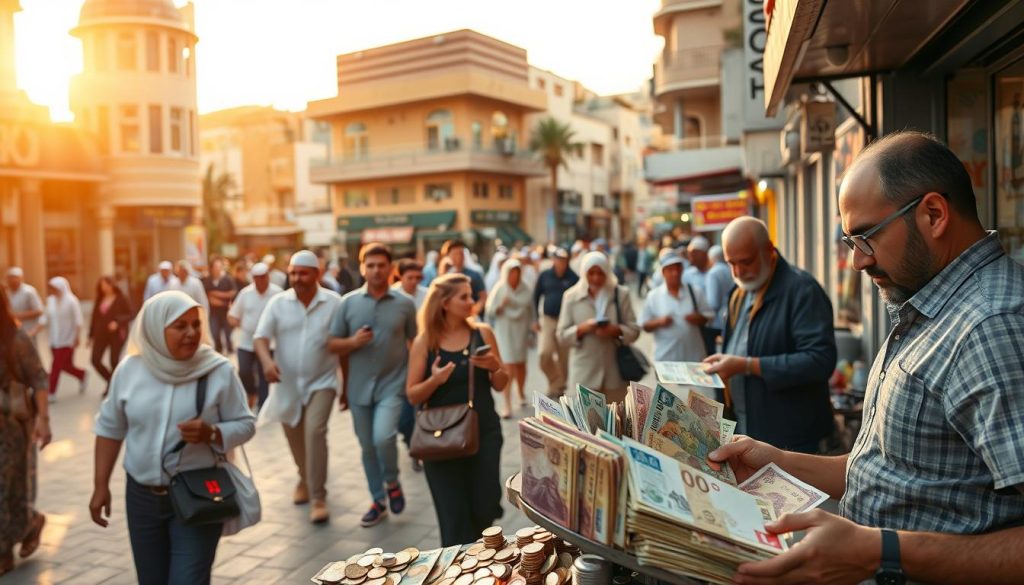
In many areas, U.S. dollars are highly valued and widely accepted. Hotels, larger establishments, and even some local shops often prefer them. This makes the dollar a convenient option for travelers.
When U.S. Dollars and Euros Can Be Accepted
While U.S. dollars are typically the most accepted, euros may also be used in certain scenarios. However, euros might not always fetch their full value, so it’s wise to carry dollars as your primary foreign currency.
Here’s a quick guide to using foreign money:
- Use U.S. dollars for hotels, tours, and major purchases.
- Euros may be accepted in some border areas or tourist spots but expect slight devaluation.
- Always carry local currency for smaller transactions like street food or transportation.
At the border, you might find vendors accepting foreign currency, but rates can vary. Always check local policies before making exchanges.
“Carrying a mix of foreign and local money ensures flexibility and better value during your travels.”
By planning ahead and understanding local preferences, you can navigate foreign currency usage with ease. Whether you’re shopping or booking accommodations, this knowledge helps you manage your money effectively.
Managing Payments at Local Shops, Restaurants, and Markets
When exploring local shops and eateries, understanding payment customs can make your experience smoother. In many places, cash is king, and being prepared with the right currency ensures hassle-free transactions.
Small businesses, including restaurants and markets, often prefer cash over cards. This is especially true in areas where electronic payment systems are less common. Carrying local currency helps you avoid confusion and ensures you can pay for goods and services without delay.
Why Cash is Preferred
Cash is widely accepted because it’s straightforward and avoids the fees associated with card transactions. In many shops, you’ll find that smaller vendors don’t have the infrastructure to process electronic payments. This makes cash the go-to option for most day-to-day purchases.
For travelers, this means planning ahead. Always have enough local money on hand for meals, transportation, and souvenirs. ATMs are available, but they may not always be reliable, especially in rural areas.
Tips for Managing Payments
Here are some practical tips to help you navigate a cash-based economy:
- Carry smaller denominations for easier transactions at markets and street vendors.
- Always verify the authenticity of the currency you receive to avoid scams.
- Keep a mix of cash and a backup card for emergencies, though foreign cards may not always work.
| Payment Scenario | Recommended Approach |
|---|---|
| Local Restaurants | Use cash for quick and easy payments. |
| Market Shopping | Carry small bills to avoid issues with change. |
| Transportation | Have exact change ready for taxis or buses. |
“Being prepared with the right currency ensures a seamless and enjoyable shopping experience.”
By understanding local payment customs and carrying the correct money, you can make the most of your time in this vibrant country. Whether you’re dining at a cozy restaurant or bargaining at a bustling market, these tips will help you navigate the financial landscape with ease.
Syria: Ultimate Travelers Guide to Currencies & Payments
Getting the most out of your money while traveling requires smart strategies and careful planning. Understanding the local exchange rate dynamics and knowing where to exchange your foreign currency can make a significant difference in your budget.
Using Border Changers and Real-Time Rate Apps
Border areas often offer better rates compared to official exchanges. For example, near Lebanon or Jordan, you might find vendors offering rates closer to the black market value. Always verify the authenticity of the currency and use reputable dealers.
To stay updated, consider using apps like LiraToday. These tools provide real-time exchange rate updates, helping you make informed decisions. This is especially useful in regions where rates fluctuate frequently.
Planning Ahead for Better Exchanges
Researching your destination and understanding local practices can save you time and money. Exchange a portion of your money before arriving to avoid unfavorable rates at the airport or border. This ensures you have local currency ready for immediate needs.
Here’s a quick guide to planning your exchanges:
| Strategy | Benefit |
|---|---|
| Exchange at borders | Better rates, especially near neighboring countries |
| Use rate-tracking apps | Stay informed about real-time fluctuations |
| Carry smaller denominations | Easier transactions and better bargaining power |
Organizing Your Travel Budget
A well-organized budget is key to maximizing your money. Allocate funds for different expenses, such as accommodations, meals, and tours. This helps you avoid overspending and ensures you have enough for emergencies.
Here are some tips for budgeting:
- Set aside a daily spending limit based on your destination.
- Keep a mix of cash and a backup card, though foreign cards may not always work.
- Track your expenses to stay within your budget.
“A proactive approach to managing your money can save you from financial stress and enhance your travel experience.”
By following these strategies, you can make the most of your foreign currency and enjoy a smoother, more cost-effective trip. Whether you’re applying for a visa or planning a tour, these tips will help you navigate the financial landscape with confidence.
Safety and Security Considerations for Money Handling
Ensuring your financial safety while traveling involves understanding local systems and potential risks. Being aware of limitations and staying vigilant can help you avoid scams and protect your money.
ATM Limitations and Bank Card Restrictions
Foreign bank cards often don’t work due to international sanctions. ATMs in the region operate only on the local system, which means you’ll need to rely on cash. Always carry enough local currency to cover your needs.
Here’s what to keep in mind:
- ATMs may be limited in rural areas, so plan ahead.
- Foreign cards are rarely accepted, so avoid relying on them.
- Carry smaller denominations for easier transactions.
Tips to Avoid Scams and Fraudulent Practices
Scams can happen, especially in busy markets or at unofficial exchanges. Always verify the authenticity of the currency and use trusted dealers. Be cautious when approached by strangers offering deals that seem too good to be true.
Here are some practical tips:
| Scenario | Precaution |
|---|---|
| Exchanging money | Use reputable dealers and compare rates. |
| Using ATMs | Choose secure locations and cover the keypad. |
| Handling cash | Keep it hidden and avoid displaying large sums. |
“Staying informed and cautious is the best way to protect your finances while traveling.”
In case of emergencies, know the local equivalent of 911 and keep a list of trusted contacts. By following these practices, you can ensure a safer and more enjoyable trip.
Conclusion
Understanding the financial landscape of any destination is key to a smooth trip. The dual exchange rate system in this region can significantly impact your budget. Knowing the difference between official and market rates ensures you get the best value for your money.
Historical influences, such as the French mandate and Ottoman era, have shaped the currency’s evolution. These factors still play a role in how money is used today. Being aware of this context helps you navigate the financial system more effectively.
To maximize your spending, plan ahead and monitor rate fluctuations. Use trusted dealers for exchanges and carry a mix of cash for daily needs. Safety is also crucial—avoid scams by verifying currency authenticity and using secure locations for transactions.
Geopolitical factors, like sanctions, can affect access to banking services. Consider these when planning your trip. By staying informed and prepared, you can enjoy a hassle-free experience in this historic country.
The above is subject to change.
Check back often to TRAVEL.COM for the latest travel tips and deals.
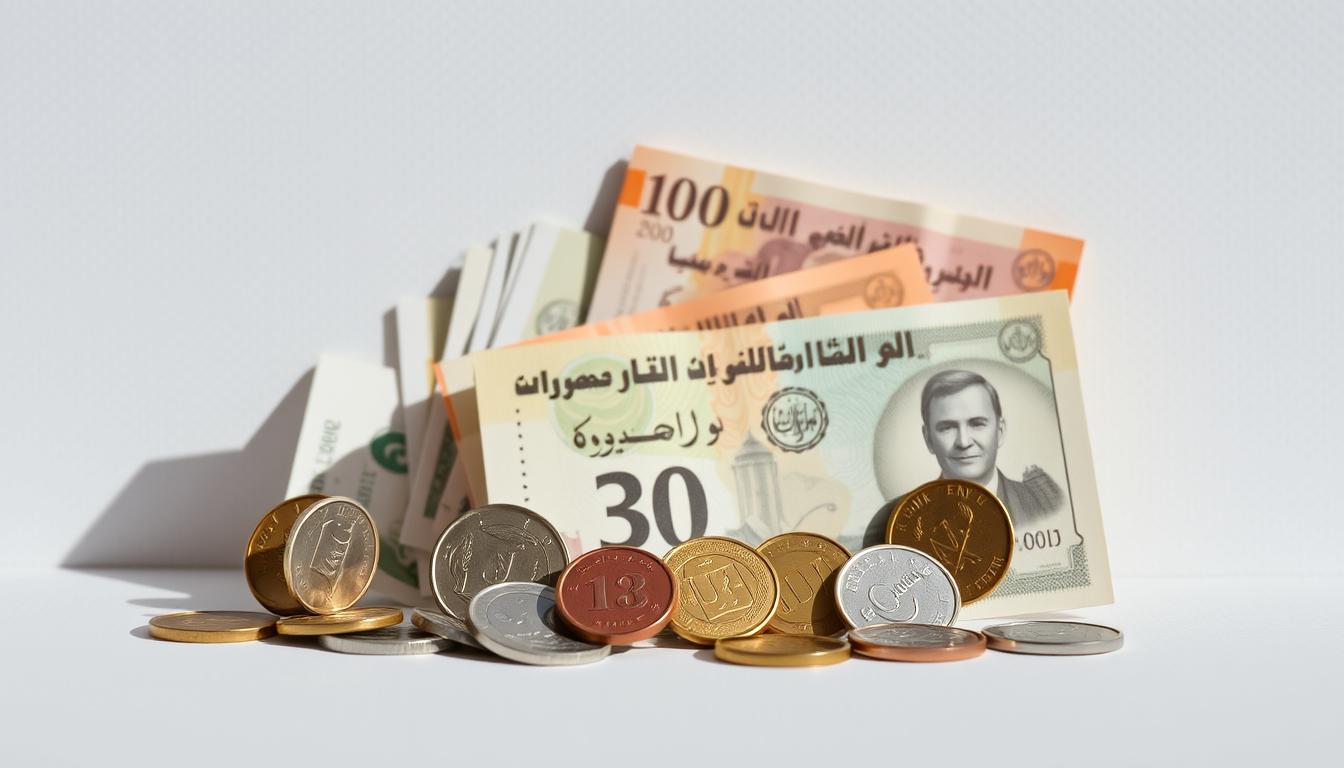



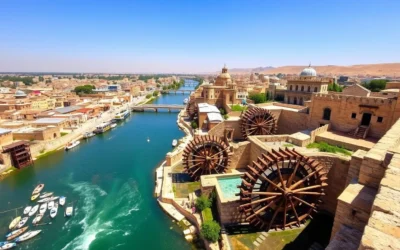
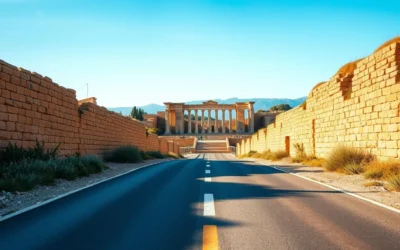
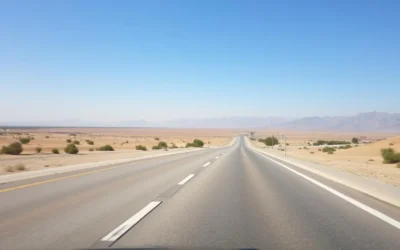
0 Comments